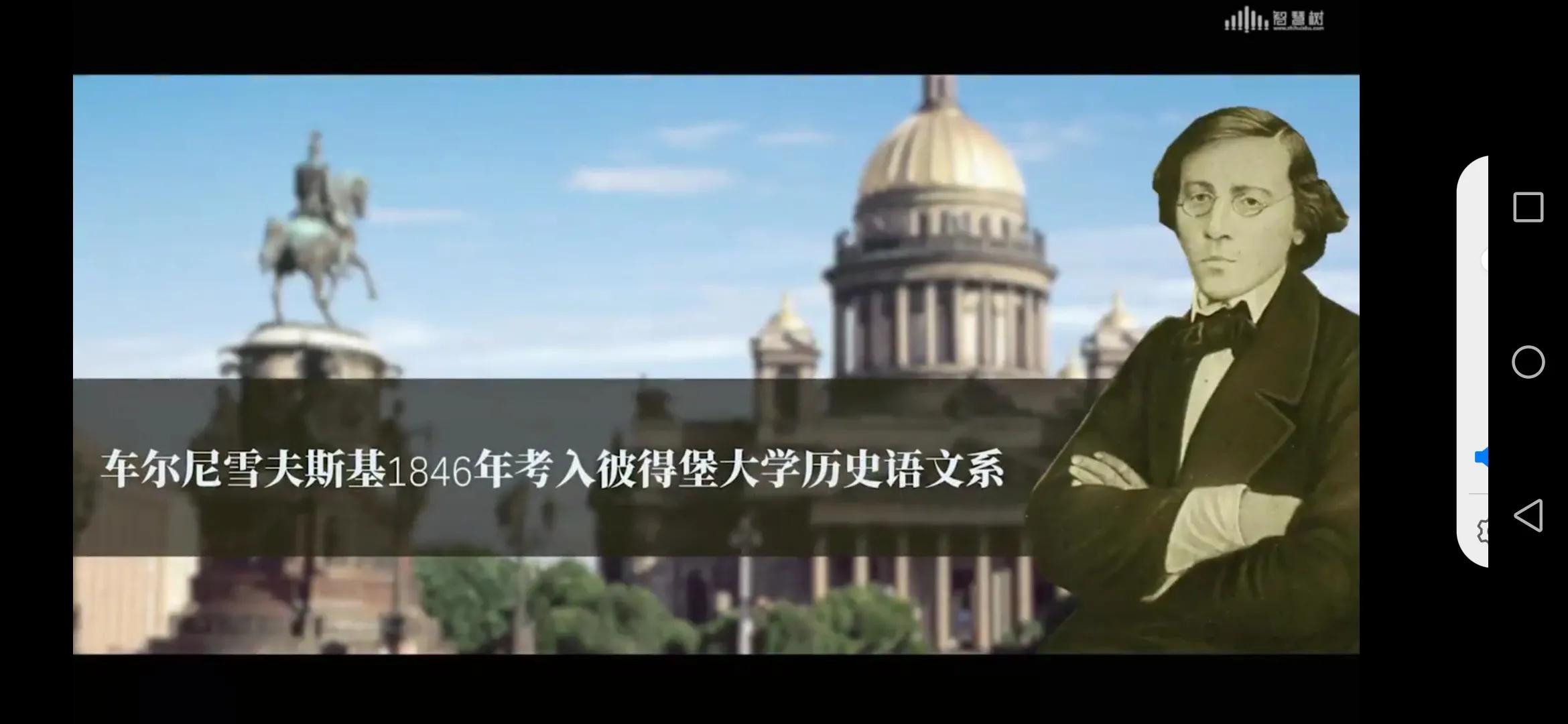
Integrate everyone's Chernyshevsky
- Study notes
Born in 1828 to a family of priests in the city of Saratov, Chernyshevsky was a great writer, literary critic, aesthete, philosopher, economist, thinker and revolutionary.
Although he was exiled or imprisoned by the Tsar for 21 years, he excelled in every field, possessing a broad heart, encyclopedic knowledge, exuberant energy and enthusiasm, and was called by Lenin "the young helmsman in the storm of the future". He edited the magazine Modern man, which was a political column and a literary criticism column, and became a beacon for the revolutionary front and the people's democrats.
In his doctoral dissertation" "The Aesthetic Relationship between Art and Reality", he put forward the materialist thesis that "beauty is life", requiring literature to reproduce life, explain and judge life, make a "textbook of life", and play an active social function. The materialist aesthetics he established opened a new page in the critique of Russian literature.
Another of his essays, "An Overview of Russian Literature in the Gogol Period," proceeded from the viewpoints of revolutionary democracy and materialism, summed up the rich experience of the formation and development of Russian realism, and further strengthened the connection between literature and the liberation movement. At the same time, he criticized the pure art theory and distortion of The Gogolian naturalism advocated by the liberals of the time, and defended and developed the realist tradition of Gogol and Belinsky.
"The Russian in the Rendezvous" is a large paper written by Chernyshev for Turgenev's work "Asha", which deeply excavates the social roots of the "superfluous people" and predicts that the era of "superfluous people" of aristocratic intellectuals of the aristocratic revolution is coming to an end and the era of "new people" is coming.
His literary criticism was the most central component of the criticism of Revolutionary Democracy in Russia in the nineteenth century, which not only guided the literary practice of the time, but also had a profound impact on the literature of later generations.